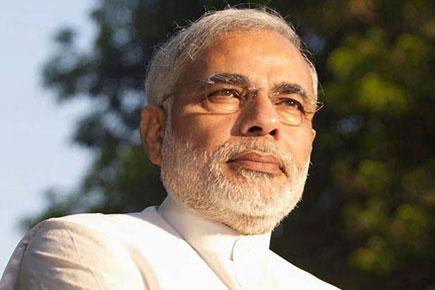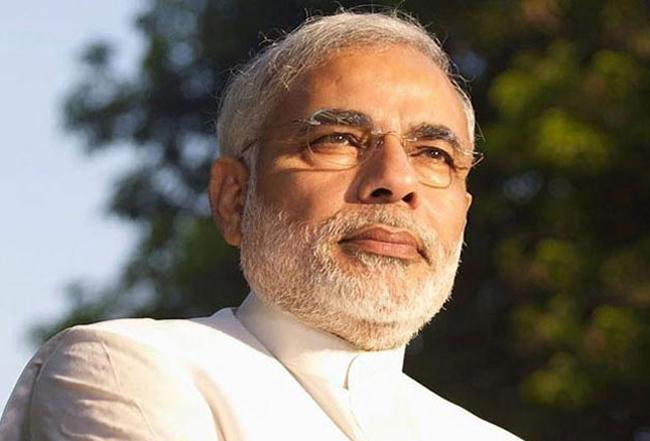Prime Minister Narendra Modi has said his government was fully committed to freedom of speech and clarified that the decision to ban telecast of the BBC documentary on the December 16, 2012 gang-rape case

Narendra Modi
New York: Prime Minister Narendra Modi has said his government was fully committed to freedom of speech and clarified that the decision to ban telecast of the BBC documentary on the December 16, 2012 gang-rape case was related to questions of law, the judicial process and respecting the victim.
ADVERTISEMENT
 Narendra Modi.
Narendra Modi.
In an expansive interview to Time magazine, in which he answered questions on a variety of subjects, Modi to a question on the reasons for banning the documentary and if free speech should have some limits, said: "So in so far as freedom of speech is concerned, there is absolutely not an iota of doubt in terms of our commitment and our belief in that."
On the BBC documentary "India's Daughter", which was banned from being telecast, he said the issue did not concern freedom of speech but was "more a legal issue".
"It has two or three aspects. One aspect is that the identity of the rape victim should not be revealed which would have happened if this interview was allowed to be telecast.
"Two, the case is still sub judice and the telecast which features the interview of the person who is alleged to have committed the crime could have impacted the judicial process.
"Three, it is also our responsibility to ensure protection of the victim. If we had allowed such a thing to happen, in effect, we would have violated the dignity of the victim," Modi said.
"So I do not think it is a question of freedom of speech, it is more a question of law and respecting the victim and the judicial processes in this particular case. In so far as freedom of speech is concerned, as I mentioned earlier, there is absolutely no issue. It is something that we greatly respect as an important aspect of our democratic values."
 Subscribe today by clicking the link and stay updated with the latest news!" Click here!
Subscribe today by clicking the link and stay updated with the latest news!" Click here!






